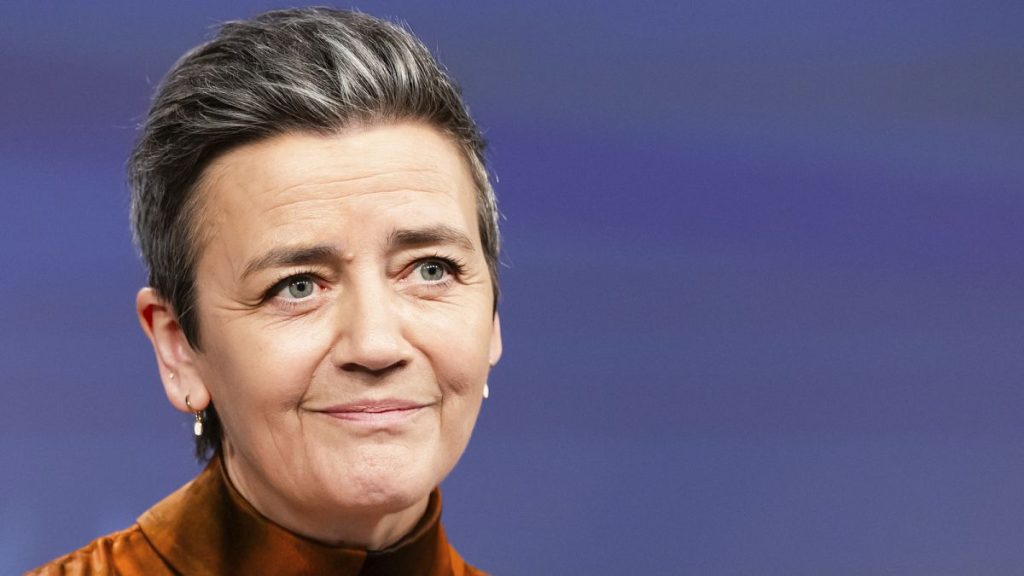Outgoing European Commissioner Margrethe Vestager has criticized EU governments for failing to support Ursula von der Leyen’s efforts to appoint a gender-balanced ‘college’ of Commissioners. Despite von der Leyen’s request for both male and female candidates, only Bulgaria has nominated two hopefuls, with just eight countries putting forth female candidates. This lack of effort in gender balance is seen as a setback in the EU executive’s aim to show that men and women can lead together to achieve unprecedented work. Von der Leyen is reportedly trying to convince member states to switch their male nominees for women by offering more attractive policy portfolios.
Vestager, who is known for her tough stance on antitrust issues and her role in shaping digital regulations, emphasized the importance of having both genders represented in leadership roles. She believes that all talent and different life experiences should be reflected in the Commission, setting an example for boys and girls about what leadership should look like. She expressed disappointment in member states for not meeting von der Leyen’s request for gender balance and hopes that her ambitions for Europe can still find an outlet after her term ends in the autumn.
Von der Leyen’s appointment as Commission chief was confirmed in July, following which she asked member states to provide two candidates, one male and one female, for her next executive. This would allow her to compose a gender-balanced Commission with the necessary skills. However, only Bulgaria has nominated two hopefuls, with just eight countries putting forward female candidates. This has highlighted the lack of efforts towards equal opportunities and gender balance within the EU, which Vestager sees as a missed opportunity to showcase effective leadership involving both men and women.
Vestager’s reputation as a heavyweight in the European Commission stems from her role in imposing hefty fines on major companies for market abuses and shaping groundbreaking digital regulations. She believes that a gender-balanced Commission is necessary to showcase effective leadership and reflect diverse perspectives. Despite facing challenges in achieving this balance, efforts are being made to persuade member states to nominate more female candidates, with Romania being the first to switch its nominee from male to female. Von der Leyen is expected to allocate policy portfolios to the candidates in the coming weeks.
Vestager highlighted the importance of having both genders represented in leadership roles, emphasizing that different life experiences and talents are essential for effective decision-making. She expressed regret over the failure to ensure sufficient female nominees for the next Commission and hopes that her ambitions for Europe can still be realized after her mandate ends. She believes that Europe needs to be more engaged in global geopolitics, indicating her willingness to work on various issues beyond her role in the EU executive. This underscores the significance of gender balance in leadership and the need for equal opportunities within the European Union.


